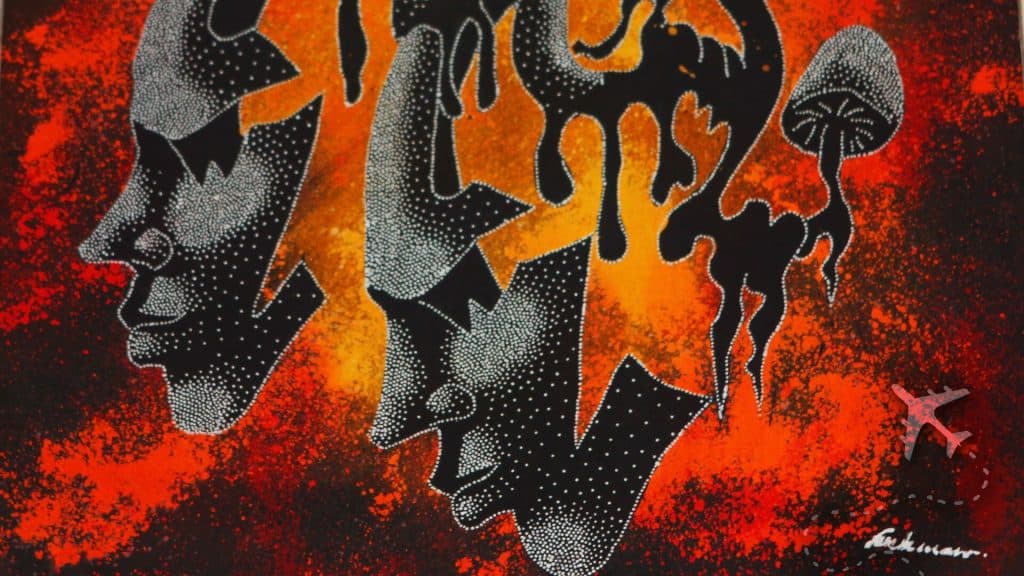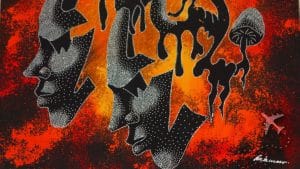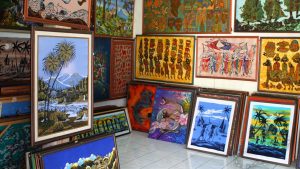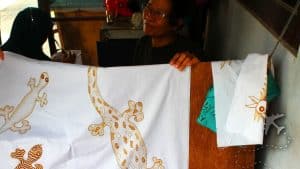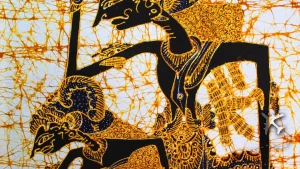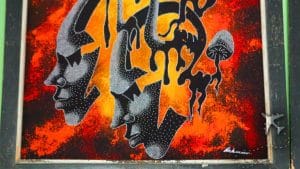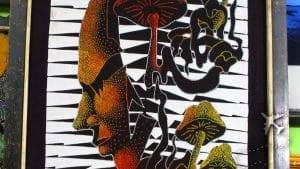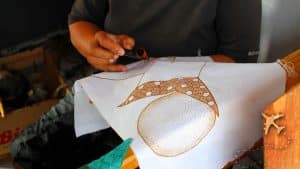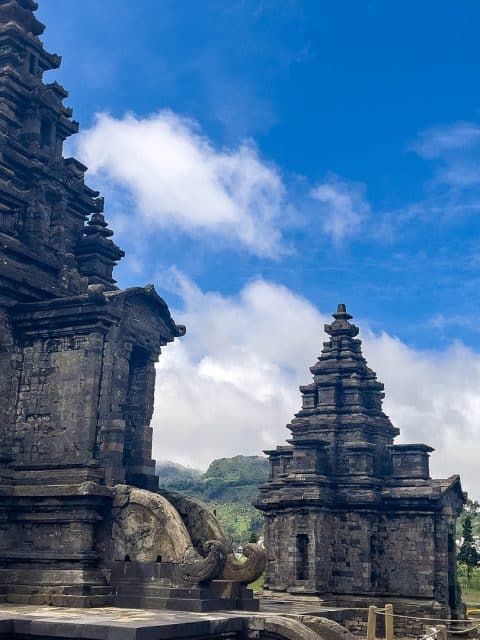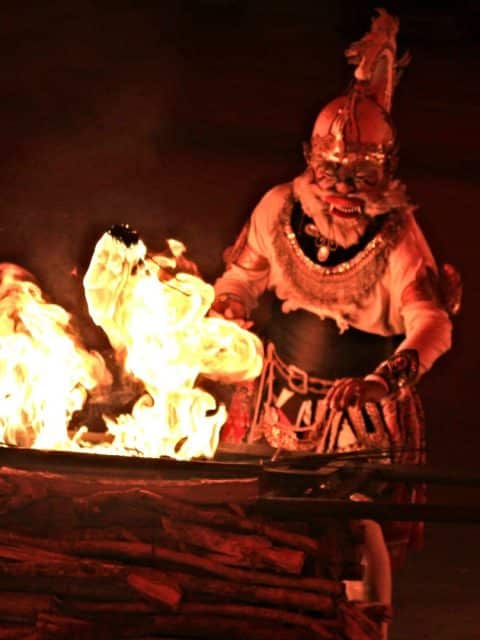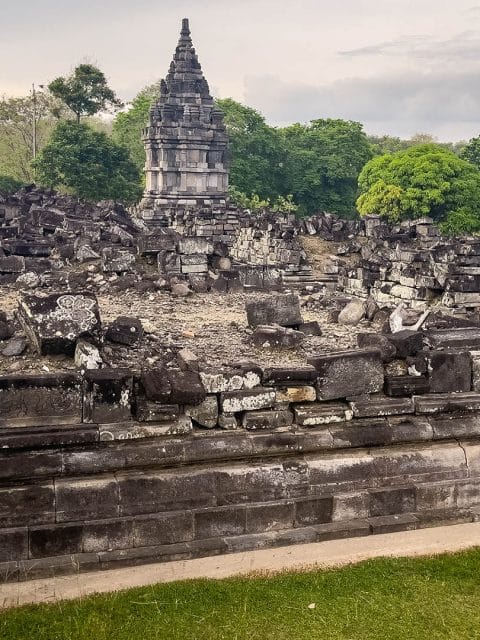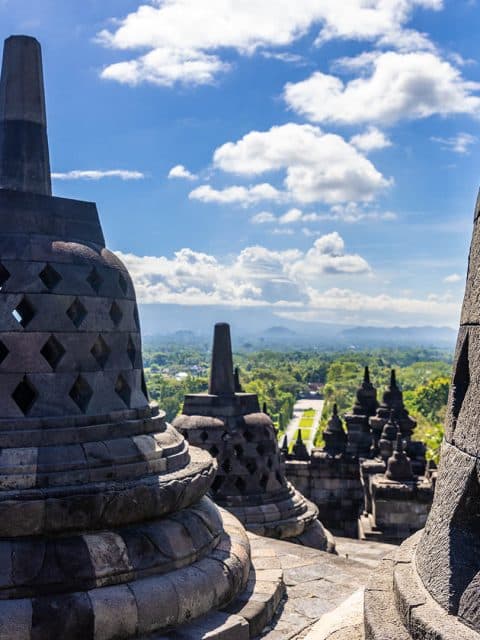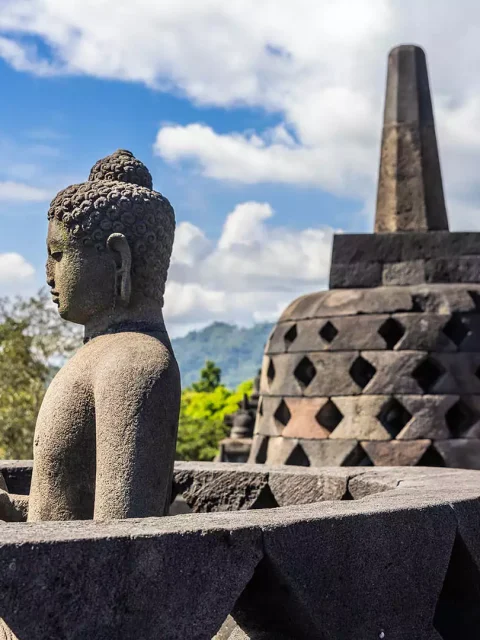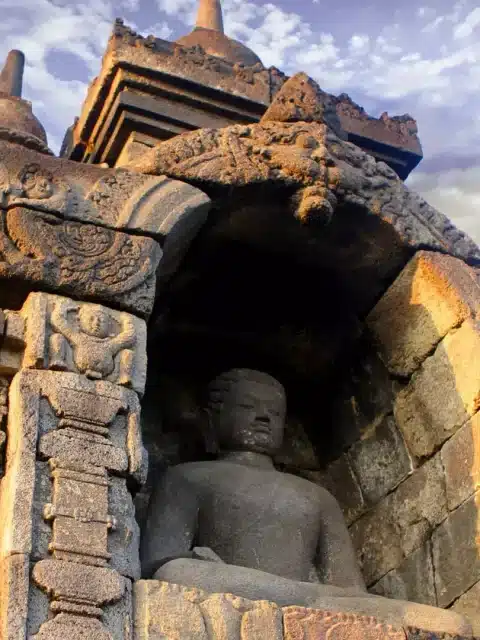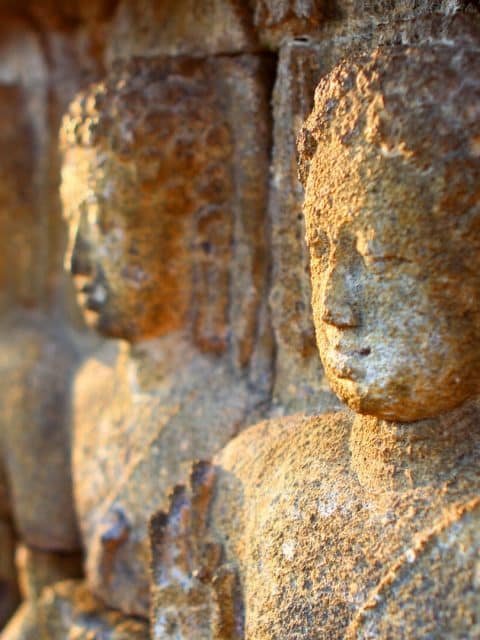From Ancient Roots to Modern Masterpieces: Indonesian Batik
Experience the timeless beauty of Indonesian Batik. Explore intricate designs, vibrant colors, and traditional craftsmanship. Immerse yourself in the rich cultural heritage and artistic traditions of this revered Indonesian textile art.
The history of Indonesian Batik is a captivating tale that showcases the Indonesian people’s rich cultural heritage and artistic traditions. For centuries, Batik has evolved into a symbol of national identity, a source of pride, and a vibrant art form that continues to inspire and mesmerize.
The origins of Batik in Indonesia can be traced as far back as the 6th century, during the time of the ancient Mataram kingdom. The art form flourished in the royal courts. It was initially reserved for the nobility, serving as a symbol of social status and wealth. Over time, the intricate patterns and motifs became more elaborate, reflecting the influences of various cultures, including Chinese, Indian, Arab, and European.
Batik production was traditionally a meticulous and time-consuming process involving the wax-resist dyeing technique. Skilled artisans would hand-draw intricate designs on the fabric using hot wax, creating a barrier that resisted the dyes. The fabric would then be immersed in vibrant natural dyes, creating stunning patterns and colors. This meticulous craftsmanship and attention to detail made Indonesian Batik renowned for its exceptional quality and beauty.
Throughout history, Batik has played a significant role in Indonesian society. It has been worn during important ceremonies, religious rituals, and cultural celebrations. It has been used as a means of storytelling, with specific patterns and motifs carrying symbolic meanings and representing different regions or communities. Indonesian Batik has become a tangible expression of cultural heritage, serving as a visual language that communicates the Indonesian people’s values, traditions, and identity.
Today, Indonesian Batik continues to thrive as a traditional craft and a dynamic art form that evolves with the times. It has gained international recognition and appreciation, with UNESCO recognizing Indonesian Batik as a Masterpiece of the Oral and Intangible Heritage of Humanity. Artisans and designers have pushed the boundaries of Batik, incorporating modern elements and techniques while still staying true to the essence of the craft.
Through the viewfinder
Indonesian Batik Uncensored
Yogyakarta is known as the epicenter for Indonesian Batik; it is home to countless Batik stores, museums, workshops, and even classes where visitors can participate in batik-making classes to gain insights into this ancient art form. The intricate patterns, vibrant colors, and rich cultural significance of Indonesian Batik make it a must-see for cultural enthusiasts, history buffs, and anyone seeking to immerse themselves in Indonesia’s beauty and cultural tapestry.
I can admit when I am out of my comfort zone, and creating a Batik piece was out of the question – I have zero creativity and grade-school artistic capabilities – so instead of trying (and ultimately failing) to create something to take home, I purchased a custom piece that proudly hangs in my home office today.
The laborious process creates a unique, one-of-a-kind art piece that no one else will ever have. Batik isn’t a large-scale manufacturing process; it’s done in small, nondescript buildings where one or two artists handle the design, dyeing, and wax applications.
Pricing for original works depends on the size and complexity of the piece. Most pieces run between IDR 500,000 – IDR 1,000,000. If you’re interested in Batik pieces, please message me, I have contacts in Indonesia.
Everything you need to know about Indonesian Batik
CURRENT WEATHER
clear sky
AIR QUALITY
Moderate
GPS COORDINATIONS
-7.8057, 110.3653
HIGH SEASON (MOST EXPENSIVE)
May – August
LOW SEASON (LEAST EXPENSIVE)
September – April


